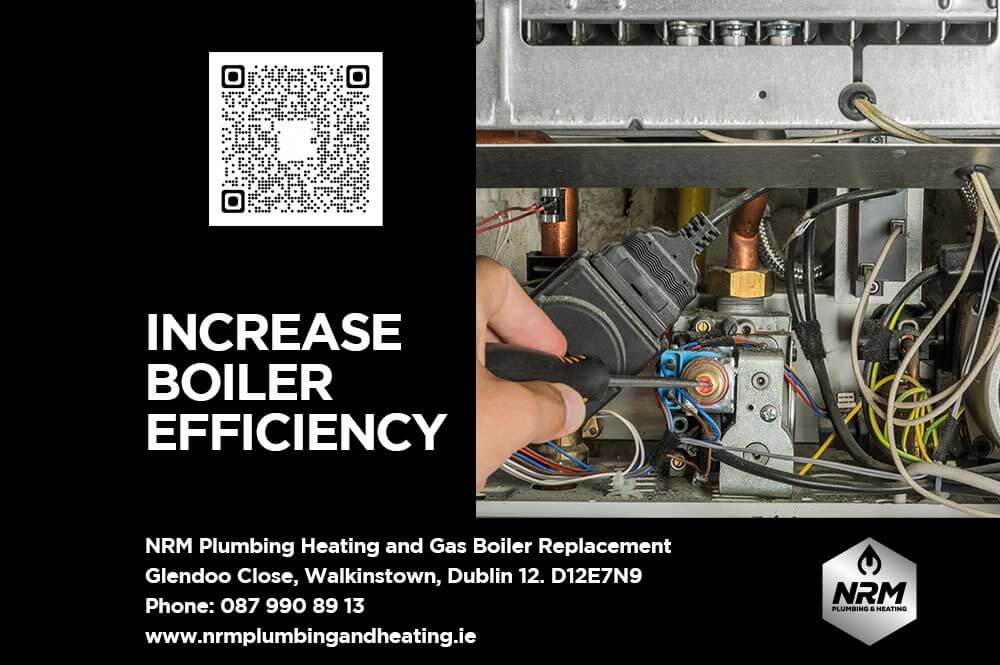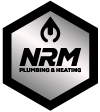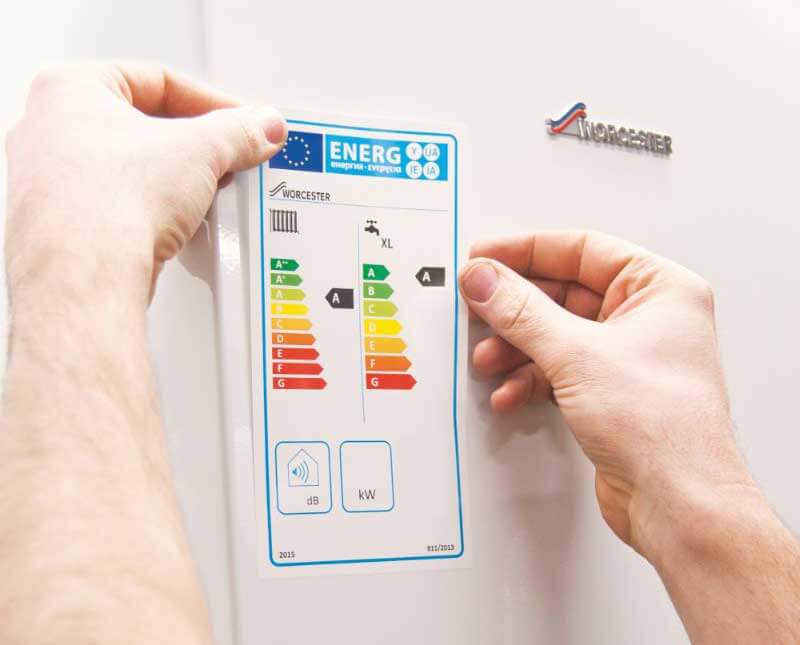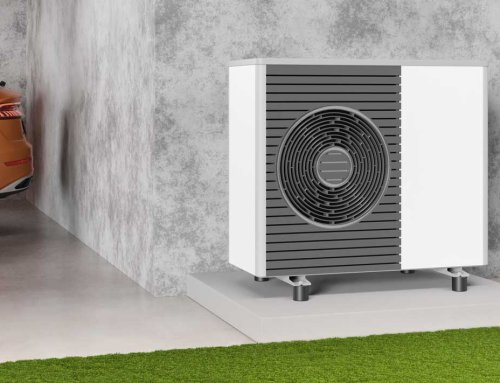Increase Boiler Efficiency: – Table of Contents
- Conduct Annual Service Checks
- Upgrade Thermostatic Radiator Valves
- Insulate Pipes and Cylinder
- Bleed Radiators and Refill System
- Check for Faulty Parts
- Upgrade Heating Controls
- Balance Radiators
- Check Flue Venting
- Modify Water Temperature
- Have a Professional Boiler Tune-Up
Get An Annual Boiler Service
Increase Boiler Efficiency – Annual servicing by a certified heating engineer makes a major impact on efficiency. A well-serviced boiler converts more fuel to usable heat. During a boiler service the engineer will check and tune-up components like the burner, heat exchanger, flue venting, controls, pumps, and more. Diagnosing issues like soot buildup early prevents bigger problems down the road.
The engineer will thoroughly inspect the heat exchanger and burner, cleaning and adjusting them as needed. They will also test combustion efficiency using flue gas analysis tools. Any deterioration of the heat exchanger that could allow dangerous exhaust gases to leak will be identified. The supply lines should be checked to confirm they are intact, venting is clear, the expansion tank pressure is optimised, and all sensors and controls are calibrated and functioning.
Overall, a comprehensive annual boiler service maximises how well your boiler transfers heat from fuel to the water heating your home. It keeps all components aligned and in sync to increase boiler efficiency. This prevents the boiler from working harder than necessary, which reduces efficiency. (More info on Oil Boiler Service)
Upgrade To Thermostatic Radiator Valves
If your radiators lack thermostatic valves, add them to regulate temperature room-by-room. Keep unused rooms cooler while getting priority rooms extra cozy by adjusting the valves. This prevents overheating and wasted energy. Programmable and smart TRVs allow custom heating schedules. Just ensure valves are installed properly so flow isn’t obstructed.
TRVs give you precise control over your heating. Rather than heating your whole home to a uniform temperature, you can customize it room-by-room based on usage and priority. For example, you can set bedrooms cooler at night when unused, while keeping the living room extra warm for cosy evenings watching TV. TRVs prevent rooms from being overheated unnecessarily when vacant, which wastes heating fuel.
Separately, upgrading to smart TRVs allows you to program custom daily or weekly heating schedules tailored to your routine. Maybe you reduce temperatures for weekdays when not home, then maximize heat on weekends. You can even override schedules as needed via an app. Precision scheduling reduces energy usage substantially compared to heating a fixed temperature 24/7.
Insulate Pipes and Cylinder
Insulating your hot water cylinder and exposed pipes reduces standby heat loss, especially in unheated areas like the attic. Simple foam pipe insulation is inexpensive. For the cylinder, get a high-quality jacket with at least 80mm thickness. Proper insulation lowers energy waste. (More info on Hot Water Cylinder Replacement)
Heat naturally escapes from hot cylinders and pipes over time, wasting energy even when the boiler isn’t firing actively. Proper insulation creates a barrier to slow this heat transmission where it isn’t needed. Insulated cylinders will stay hotter longer after the heating cycles end. Insulated pipes prevent room heat from being absorbed down cold pipe runs.
Focus first on insulating accessible straight pipe sections, cylinders, and valves in unheated spaces like attics or garages. Then address exposed pipework in lived-in areas for comfort. DIY foam sleeves are easy to install, but use quality thick insulating jackets on cylinders – thin covers are ineffective.

NRM Plumbing Heating and Gas Boiler Replacement, 26 Glendoo Close, Walkinstown, Dublin 12. D12E7N9. Phone: +353 1 535 29 48. Mobile: +353 87 990 89 13
Bleed Radiators and Refill System
Bleeding trapped air pockets out of radiators and refilling the system to correct pressure improves circulation and efficiency. Air blocks flow, causing cold spots. Low-pressure strain components. Bleed valves on radiators make it easy. Top up when pressure drops below 1 bar on the boiler gauge.
Over time, air can gradually seep into the heating system, eventually accumulating in radiators and blocking water circulation. Trapped air causes radiators to stay cold at the top even when running. Poor circulation means the boiler must overheat water to compensate.
Using a radiator key to bleed the valves periodically releases this excess air. Open valves slowly one at a time until water spurts out. Refill with fresh water until system pressure hits 1-1.5 bar on the boiler pressure gauge for optimal flow. Keeping circulation smooth requires bleeding every year or two.
Increase Boiler Efficiency: Check for Faulty Parts
Faulty components like sensors, ignition electrodes, fans and pumps force boilers to run harder trying to compensate. Have an expert heating installer test components and replace any well-worn parts. Repairing issues early is more cost-effective than waiting for failure. Diagnostic testing ensures all components work in harmony.
Critical boiler components degrade over years of use. A faulty thermistor, water pressure sensor, ignition electrode or circulation pump can inhibit smooth operation. Rather than wait for complete failure, have an engineer proactively test components annually and replace aging parts.
For example, a circulating pump on its last legs may provide inadequate flow. This requires the boiler to heat water hotter to compensate, wasting fuel. Or a deteriorating ignition electrode may misfire, forcing second attempts to light the boiler. Catching and replacing minor parts early reduces strain and can increase boiler efficiency.
Upgrade Heating Controls
Replacing outdated analogue timers and thermostats with programmable and smart controls optimizes run times. Set custom schedules aligning heat with when you actually need it. Smart controls like Hive react to occupancy and weather to fine-tune temperature. This prevents overheating and avoids firing up too often. Upgrade controls for smarter comfort.
Programmable thermostats allow you to set customized daily and weekly heating schedules tailored to your routine. This ensures the boiler only fires up when needed, rather than heating 24/7. Smart thermostats take this a step further, using built-in sensors, weather data and AI to optimize heating times.
Upgrading older analogue timers to digital programmable units also helps match heating runtimes to your schedule. Timers let you pre-set multiple on/off periods per day. Syncing timing with your home occupancy avoids wasteful heating when you’re out.
Balance Radiators
An imbalance in your radiators will reduce system efficiency. Rooms with cold radiators force boilers to work harder trying to compensate. Using a radiator key, balance the lockshield valves so each radiator heats up evenly. Balancing maximizes efficiency and comfort room-by-room. (More info on New Central Heating Radiators)
Over time, radiators may become improperly balanced due to accidental valve nudges or interior changes. This causes some rooms to receive insufficient heat. The boiler then overheats water attempting to compensate. Carefully adjusting each radiator’s lockshield valve restores even distribution.
Start by turning all lockshields counterclockwise until fully open. Then gradually close down valves on hotter radiators until temperatures equalize. Repeat this process patiently until all radiators across rooms heat up evenly. Balancing improves comfort while allowing the boiler to run optimally.
Check Flue Venting
Blockages, leaks or separations in the flue venting system hurt efficiency. Inspect the vent pipes and joints. Test for flow using smoke pellets. Make repairs to any issues. Tight, properly sloped venting maintains draft for cleaner burning. It also prevents wasted heated air from escaping.
The flue venting system for boilers needs periodic inspection. Leaks allow heated air to escape rather than venting outside. Blockages inhibit draft which can result in soot accumulation inside the unit. A separated vent pipe joint negatively impacts airflow.
Have a heating engineer thoroughly inspect the venting system using smoke sticks annually. Tighten any loose joints found. Seal small leaks with aluminium tape. Remove debris from the flue terminal outside. Keeping venting in top shape improves efficiency.
Modify Water Temperature
Lowering the boiler flow temperature from the standard 80°C to 60°C increases efficiency. Turn down the dial gradually and monitor room comfort. Condensing boilers work best at lower temps. Just ensure temperatures don’t drop below radiator design specs.
Higher water temperatures require more fuel to generate, resulting in energy waste through excess heat or standby losses. Condensing boilers can operate efficiently at lower temps around 55-60°C. Turn the flow temperature down in increments to find the sweet spot.
Just ensure the temperature doesn’t sink too low for your radiators to emit heat properly. If rooms feel cold, dial it back up a bit. Lower boiler flow temperatures reduce fuel usage noticeably when optimized. Have a professional assist in finding the ideal setting.
Have a Professional Boiler Tune-Up
While DIY tips help, a professional boiler tune-up annually inspects and fine-tunes it for peak efficiency. Professional heating engineers have tools like flue gas analyzers to optimize the air-fuel mixture. They also clean the heat exchanger, adjust pressure, test combustion efficiency and sample exhaust. Tune-ups keep complex components aligned for maximum efficiency.
Beyond regular maintenance, an annual service dialed in your boiler’s settings for optimal performance. Professional heating engineers can check the air-fuel ratio with flue gas analysis, adjust water pressure, clean the heat exchanger surface, inspect the ignition and burner assembly, and sample exhaust. Fine-tuning based on direct measurements boosts efficiency.
Boiler services require technical tools and expertise, and because of this, they must always be carried out by qualified engineers. But the effort pays dividends through lower fuel usage and emissions. A boiler tuned for peak efficiency converts more of its fuel to usable heat rather than waste. (More info on Gas Boiler Service in Dublin)
Frequently Asked Questions About Increasing Boiler Efficiency
How often should I get my boiler serviced to improve efficiency?
Experts recommend an annual boiler service by a qualified engineer to tune up components and maximize efficiency. This comprehensive inspection and cleaning keeps all parts functioning optimally.
What boiler upgrades help increase efficiency?
Upgrading thermostatic radiator valves, heating controls, circulating pumps, and heat exchangers to newer more advanced models improves boiler efficiency substantially over time.
How can I reduce my boiler’s energy usage?
Steps like insulating pipes, adjusting water temperature, balancing radiators, upgrading controls and scheduling custom heating times reduce energy waste and improve your boiler’s efficiency.
What maintenance can I do myself to increase boiler efficiency?
DIY maintenance like bleeding radiators, topping up system pressure, cleaning boiler surfaces, checking venting and insulation helps improve efficiency between professional servicing.
Ever wondered about Emergency Boiler Repair Dublin……Check out our latest blog post for details.








